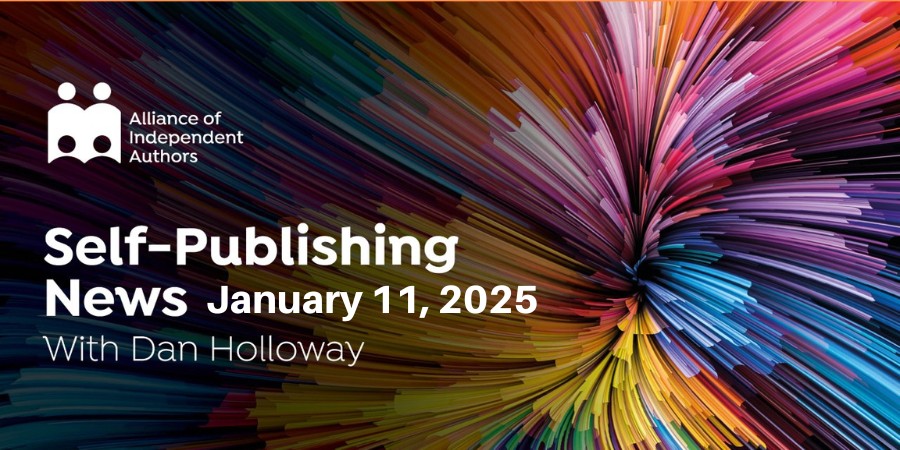You will remember just a week or so ago I was writing and talking about how I expected the Romantasy (inter alia) genre to continue to flourish and provide opportunities for indie writers and their voracious fans well into 2025. When I said I thought Romantasy would continue to make the news, I didn’t quite have in mind the kind of brouhaha I have seen over the past week.

ALLi News Editor, Dan Holloway
Nor, I will confess, when I clicked on an article about a controversy surrounding fairy p*rn (can I say that without the asterisk? What with all the regulation about content), did I expect to find myself reading about Sarah Maas and Rebecca Yarros, Romantasy’s pioneers and, I would have sworn on my latest Chuck Tingle, writers of young adult fare. Maybe I really am out of sync (or maybe a subeditor somewhere is exaggerating for clicks!).
Welsh Mythology in Focus
It turns out the controversy is not what you might expect. It centers on the portrayal (or misportrayal) of the Welsh nation. Part of this is down to the co-opting of Welsh-sounding names. Much is down to the free and easy use of Welsh mythology. (As someone who works in a university faculty with a professor of Celtic studies, I can attest to the richness of this mythology and also to the fact that its co-optation for storytelling purposes is hardly new.) The complaint seems to be a misrepresentation of the nation as something far less rounded than it really is.
All of which is food for thought for writers looking for ways to explore a popular market’s audience. On the one hand, there are rich seams of mythology to be mined that readers will lap up. On the other, caveat author when mining it, because not all readers react equally.
Content Regulation and Its Implications
This does provide a segue into a subject I have generally trodden very lightly around. I was genuinely surprised to see YA authors mentioned as scribes of erotica. But whatever my opinion of the appropriateness may be (if true—and the fact it often isn’t true adds more depth to the debate), should it have real-world implications for the books that are available? That is the question you will know U.S. courts have been dealing with. And just before Christmas, one of those courts argued that proposed legislation in Arkansas that would have required librarians and booksellers to remove some material was unconstitutional.
Thoughts or further questions on this post or any self-publishing issue?
 If you’re an ALLi member, head over to the SelfPubConnect forum for support from our experienced community of indie authors, advisors, and our own ALLi team. Simply create an account (if you haven’t already) to request to join the forum and get going.
If you’re an ALLi member, head over to the SelfPubConnect forum for support from our experienced community of indie authors, advisors, and our own ALLi team. Simply create an account (if you haven’t already) to request to join the forum and get going.
Non-members looking for more information can search our extensive archive of blog posts and podcast episodes packed with tips and advice at ALLi's Self-Publishing Advice Center.




